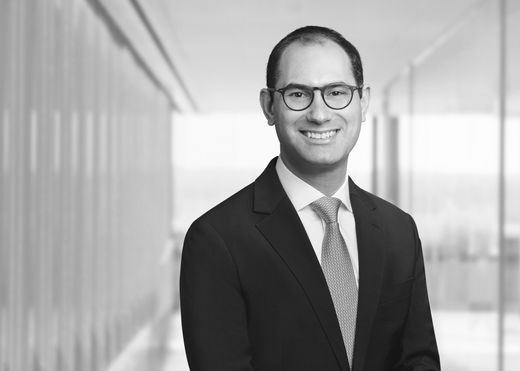Federal Court Paves the Way for Public Disclosure of Contributions to 501(c)(4) Organizations and the Supreme Court Acquiesces, for Now…

On August 3, 2018, Judge Beryl Howell, the Chief Judge for the U.S. District Court for the District of Columbia, issued a ruling invalidating long-standing Federal Election Commission (FEC) regulations because the FEC had interpreted them to not require disclosure of donors to 501(c)(4) organizations engaged in federal political activity except in limited circumstances.
The case arose from a complaint filed with the FEC by Citizens for Responsibility and Ethics in Washington (CREW) against Crossroads Grassroots Policy Strategies (GPS), a 501(c)(4) organization. According to Politico, the original complaint alleged that Crossroads GPS “failed to disclose the names of contributors behind its $6 million effort to defeat Sen. Sherrod Brown (D-Ohio) in his 2012 race.” The FEC dismissed the complaint, and CREW filed a lawsuit against the FEC.
Judge Howell provided the FEC with 45 days to issue interim regulations that comply with the Court’s ruling and 30 days to reconsider its initial action of dismissing CREW’s complaint against Crossroads GPS. The truncated timeframe coupled with the fact that the FEC is operating short of two commissioners, raised questions as to how the FEC would be able to comply with the order. As noted in The Washington Post, “New regulations must be considered by Congress for 30 legislative days before they go into effect — meaning the FEC would have needed to finish drafting a new rule before the court issued its opinion, for it to go into effect by Sept. 17, the court’s deadline.”
Crossroads GPS has stated that it plans to appeal the decision and filed an emergency request with the U.S. Supreme Court to stay the ruling pending appeal. Last week, Chief Justice John Roberts issued a temporary stay, but on Tuesday, September 18, the Supreme Court lifted the stay, requiring that the FEC comply immediately with Judge Howell’s ruling.
As such, according to FEC Chairwoman Caroline Hunter, as of Wednesday, September 19, 501(c)(4) organizations that engage in federal political activity will be required to publicly disclose donors to the FEC. With the midterm elections less than two months away, a 501(c)(4) organization engaged in federal political activity, including independent expenditures, is now required to report the names of contributors who donate more than $200 in a calendar year in furtherance of the organization’s federal political activity.
Absent a successful appeal by Crossroads GPS, the FEC is likely to initiate a rulemaking proceeding to regulate disclosure requirements for 501(c)(4) organizations engaged in federal political activity beyond the 2018 midterm elections.
It is also possible that contributions made in the past to certain 501(c)(4) organizations engaged in federal political activity could be required to be publicly disclosed as a result of complaints filed with the FEC alleging violations of the regulations. Absent a successful appeal, organizations such as CREW are likely to continue filing complaints against specific 501(c)(4) organizations seeking the disclosure of donors related to particular political activity.
Interestingly, Judge Howell’s ruling stands in contrast to recent action taken by the U.S. Department of the Treasury that, for tax years ending on or after December 31, 2018, most 501(c)(4) organizations will no longer be required to report information on their donors to the Internal Revenue Service (IRS). 501(c)(4) organizations are still required to collect and keep information on their donors and to provide the information to the IRS when needed for tax administration.
Since the IRS and the FEC operate under different statutory authorities with distinct mandates, it is possible that, pending a successful appeal from Crossroads GPS, while most 501(c)(4) organizations will no longer have to disclose information about their donors privately to the IRS, 501(c)(4) organizations which make independent expenditures in support of, or in opposition to, candidates for federal office, will then have to disclose the information to the FEC for public disclosure.
We will continue to monitor developments from this case as they arise. In the meantime, please let us know if you have any questions or concerns.
Contact Information
If you have any questions concerning this alert, please contact:
|
Melissa Laurenza |
Sam Olswanger |
|
Nate King |
Bayly Mears |



